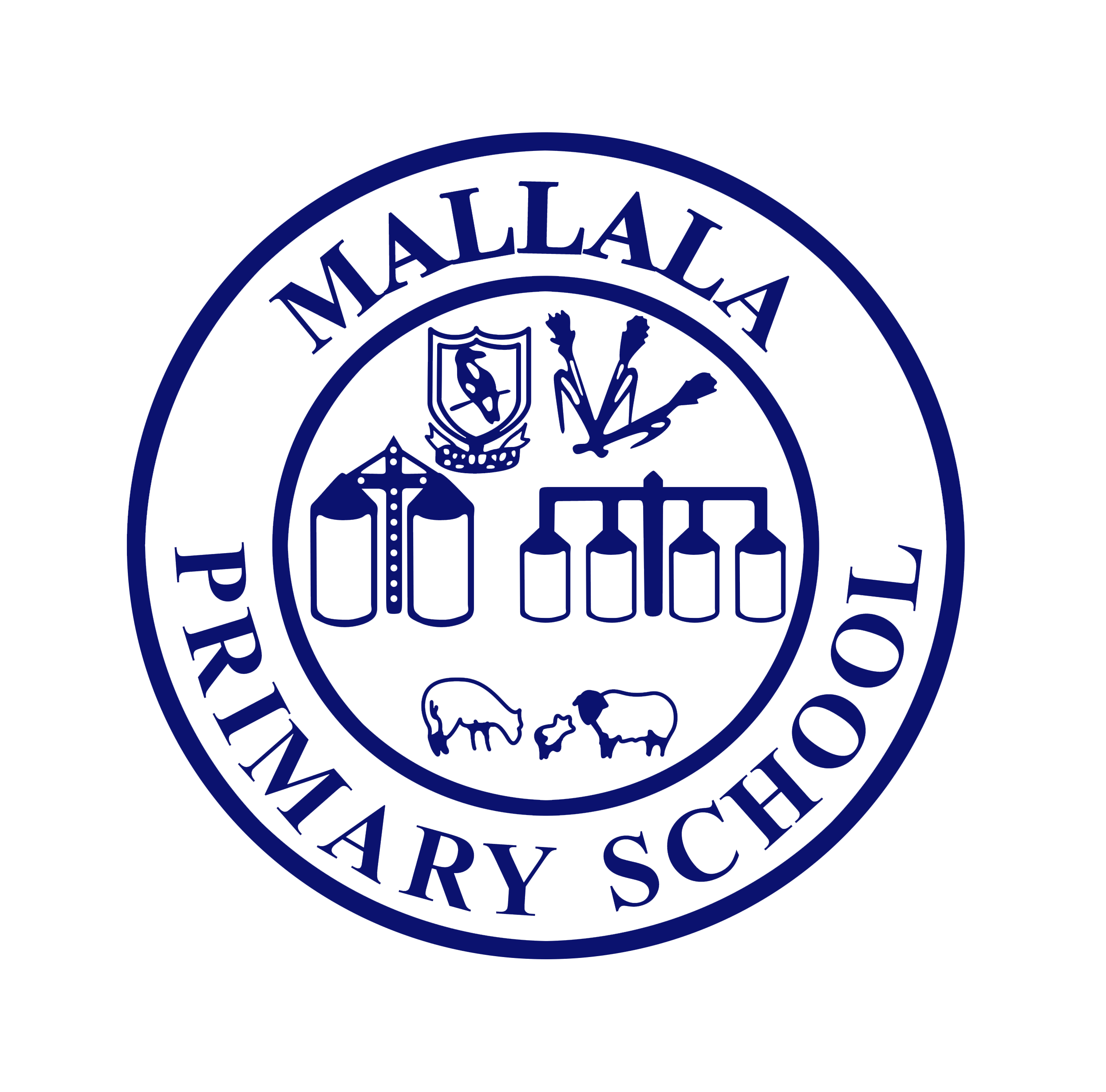Parent Information
Parent Information
Parent Information Handbook
(Link to PDF, 2MB)
School Uniform Price List
(Link to PDF, 228KB)
Lunch Order Menu
(Link to PDF, 130KB)
Absences
Absentees can be reported via:
Phone 8527 2240 dl.0241.info@schools.sa.edu.au Text 0417 041 286 App Search for Audiri on the App Store and search for Mallala Primary School
Teaching and Learning
Our Site Improvement priorities for 2022 – 2024 are to:
- Increase student achievement in Literacy R-6
- Increase student achievement in Mathematics, particularly in the Number strand, R-6
Significant work has been undertaken to establish whole site practices that embed evidence based programs within each classroom and year level. Staff work collaboratively in Professional Learning Communities (PLCs) to support consistency across the site and continuity of learning from Preschool to Year 6. Data analysis is undertaken individually and collaboratively and informs all planning to ensure that each student is receiving the instruction and curriculum content that meets their individual needs. All teaching and learning is informed by the Department for Education Guide Books and Best Practice documents. The teaching of Literacy includes focus on the development of the Big 6 of Reading (oral language, phonological awareness, phonics, vocabulary, comprehension and fluency) with targeted daily instruction using the Heggerty Phonemic Awareness Program and Jolly Phonics/Grammar. Regular upskilling of staff ensures that these programs are delivered with rigour and fidelity to enable best possible student outcomes. High quality texts and programs are used to inform the teaching of writing components i.e. creating texts, spelling, grammar and punctuation. The teaching of Numeracy is underpinned by the Big Ideas in Number (BIiN) to ensure that instruction is sequential and builds on students’ prior learning. Staff consistently promote a growth mindset in students to encourage them to take risks with their learning and view mistakes as an opportunity to learn. Mathematics lessons are structured to include opportunities for students to engage in explicit instruction, number talks, questioning, problem solving, independent and group work and reflection. Ongoing feedback provided to students is expected and supported.
In 2021, significant improvements in NAPLAN, Running Records and Year 1 Phonics Screening were made and staff are working diligently to ensure that this upward trend in student achievement continues.
Student Wellbeing
At Mallala Primary School our wellbeing program is based largely on the Department for Education’s Wellbeing for Learning and Life framework. We take action around the mental, social and emotional wellbeing of our students, staff and school community using the Wellbeing for learning: a whole school approach resource. Our staff are committed to a comprehensive and coordinated approach to the planning, delivery and review of wellbeing initiatives.
Data from the Wellbeing and Engagement Collection report guides our planning and decision making and enables us to monitor the effectiveness of our wellbeing actions in order to measure impact. Our students benefit from a collaborative care-team approach by staff, students, families and other members of the school community. Leadership skills are explicitly taught across the eight curriculum learning areas and leadership capacity is encouraged through providing space and agency to our students for decision making. We prioritise belonging and skill building in resilience and personal effectiveness. We offer mindfulness practise to all students and regular brain breaks to support self-regulation and awareness.
We promote and explicitly teach pro-social behaviours that are trauma informed. Our behaviour policy describes the ways in which our staff support our students to be safe, respectful, responsible and adaptable and how we teach strategies for connection and success. Restorative practices help our students restore and build community by facilitating the repair of relationships that have been harmed by behaviour choices. Mallala Primary School teachers and school support officers (SSOs) assent to the belief that our students do the best they can within their capacity. We trust that simple and kind gestures are helpful and restorative.
Student Voice
Our students have the opportunity to be part of our Learning Design Team (LDT). Students are able to nominate themselves for a position on the team. The role of the LDT is to work as partners with leaders and teachers to design learning experiences which build wellbeing for everyone in our school community. Our LDT practise being active and informed participants in student-led projects. We use the Student Wellbeing Ambassador Toolkit – VoiceIt to help our students explore, imagine, connect, plan, share and reflect.
